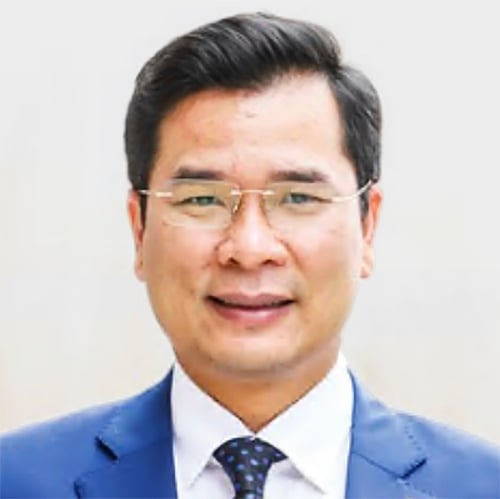Standard Bank Group, Africa’s largest bank by assets, will provide access to the carbon markets and CarbonSoft Corporation will provide distributors of solar lamps with non-discriminatory access to generate carbon credits from solar lamp projects via a clean development mechanism (CDM) system.
This partnership and a number of other projects in East Africa, particularly in Uganda and Kenya, are positioning Standard Bank as a leader in the development, financing and execution of CDM initiatives in Africa.
CarbonSoft is a carbon trading platform with the single aim of putting the carbon market in the hands of entrepreneurs, NGOs and companies in Africa and Asia. It was established by Frontier Carbon, the London-based green asset developer.
With a principal focus on solar lamp micro-projects, CarbonSoft will provide access to carbon credit revenues for project developers seeking to build low-carbon, sustainable projects, but who face real challenges in accessing the benefits that the carbon markets have created. CarbonSoft will have a broad geographic scope and cover many countries in South, East and West Africa as well as India and parts of Southeast Asia.
“CarbonSoft expects to work with a wide range of partners to significantly increase access to high quality solar lighting systems for some of the two billion people who live at the bottom of the pyramid,” says Sebastian Foot, director of CarbonSoft.
The benefits of switching from kerosene fuelled lighting to solar lamps are tangible, with families in East Africa saving up to 25 percent of their annual incomes and improving health through reducing burn injuries and avoiding inhalation of kerosene gas.
“Standard Bank is happy to be supporting the CarbonSoft initiative. It has real health and development benefits, and opening the carbon market up to solar lamp distributors uses climate finance to provide a sustainable, commercial business model”, adds Geoff Sinclair, head of carbon sales and trading at Standard Bank.
In terms of the Kyoto Protocol, such initiatives are registered for the allocation of carbon credits with the CDM executive board of the United Nations Framework Convention on Climate Change (UNFCCC).
By trading these credits in a market worth USD180 billion globally, industrialized countries are able to invest in projects that reduce greenhouse gas emissions in developing countries. This, in turn, enables industrialized nations to sponsor a net global reduction in carbon emissions at a lower overall economic cost for themselves.
In addition to leading the use of carbon credits on the continent, Standard Bank is also pioneering the UNFCCC’s use of provisions for the “programmatic” Clean Development Mechanism. In this approach, rather than approving each individual installation, the UN approves a programme of activities that is then audited for carbon credits. This new mechanism is particularly suited to Africa, given that many sustainable development project opportunities in sub-Saharan Africa comprise the mass application of “micro” technologies.








